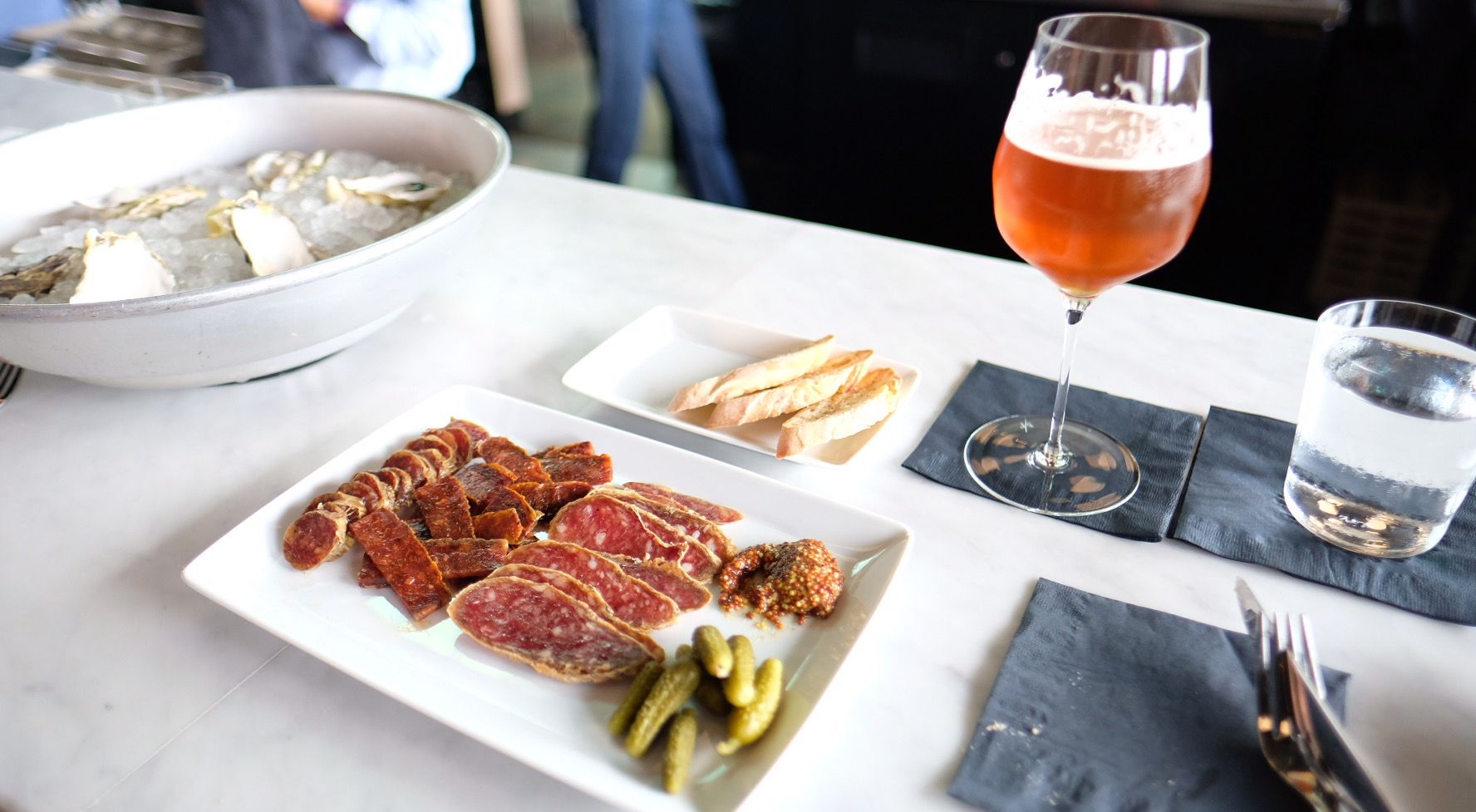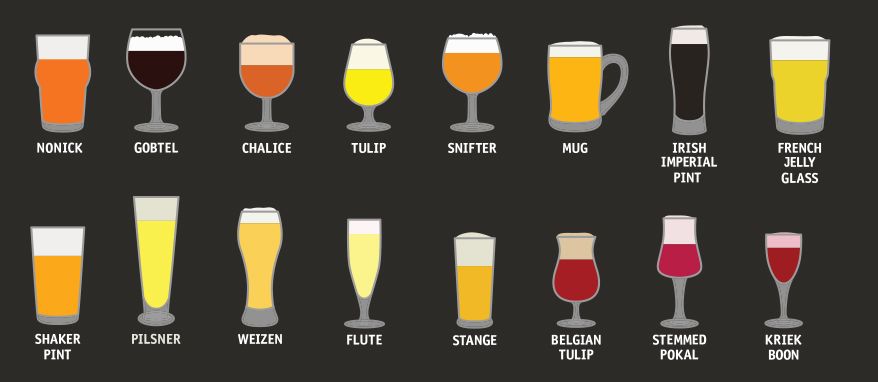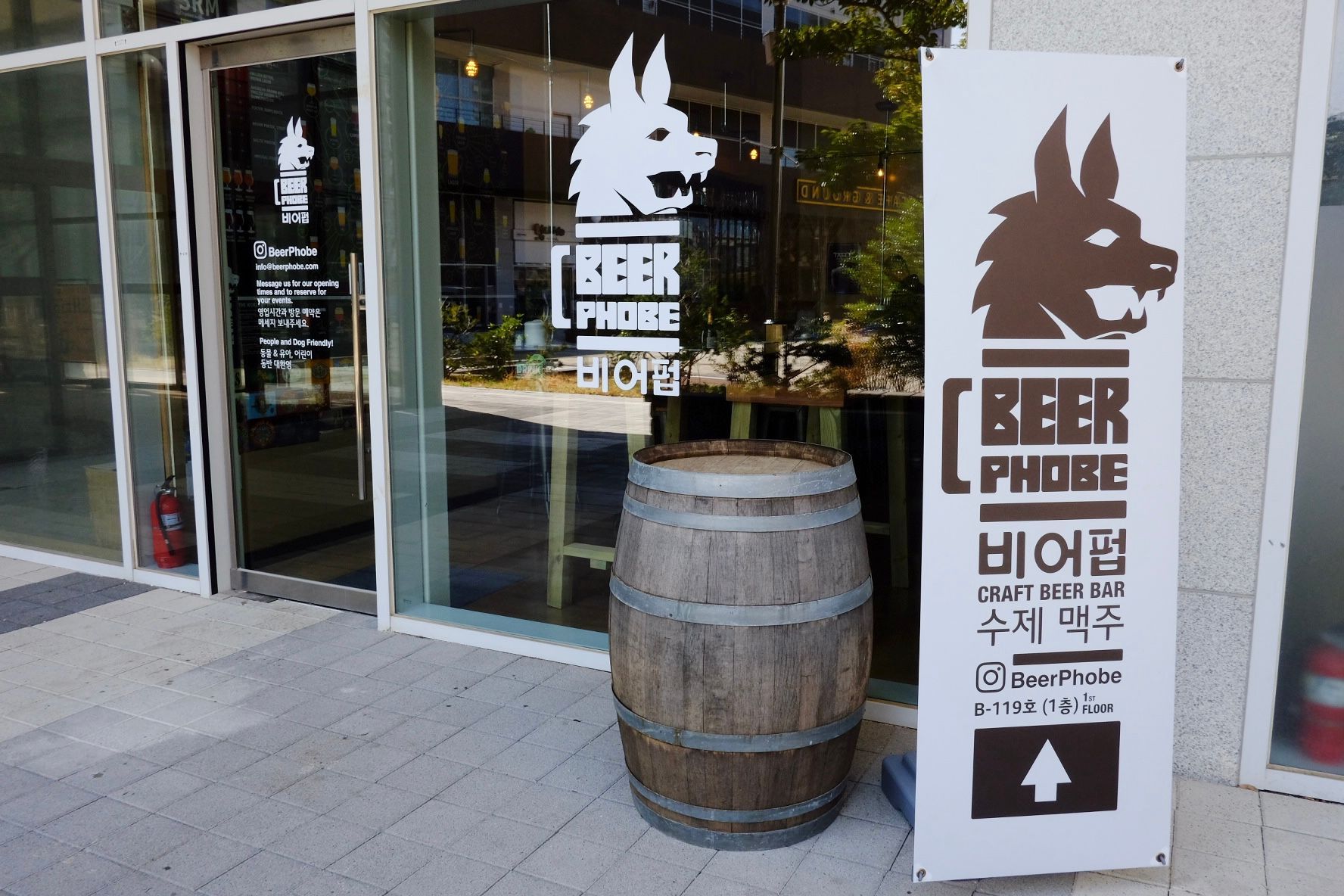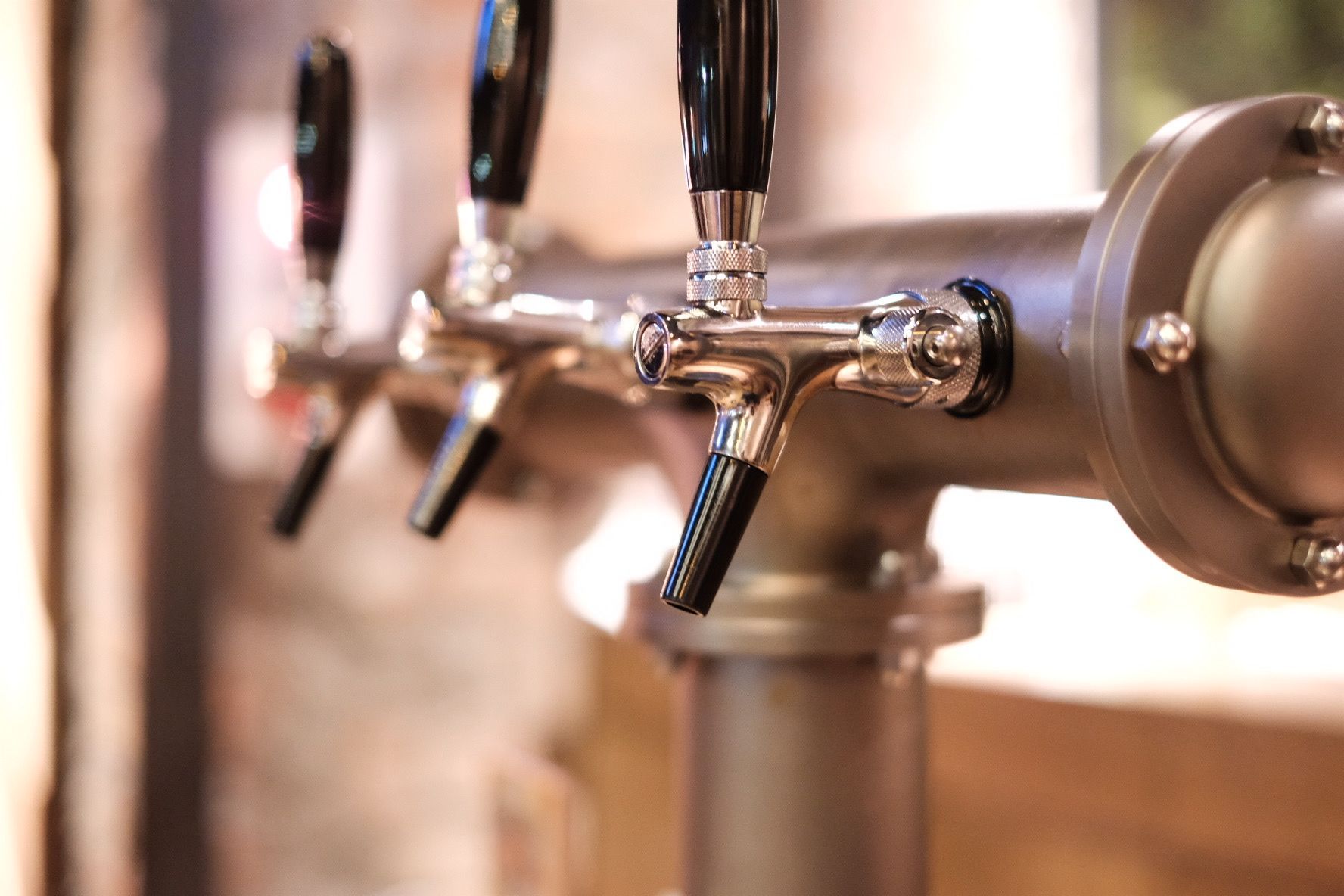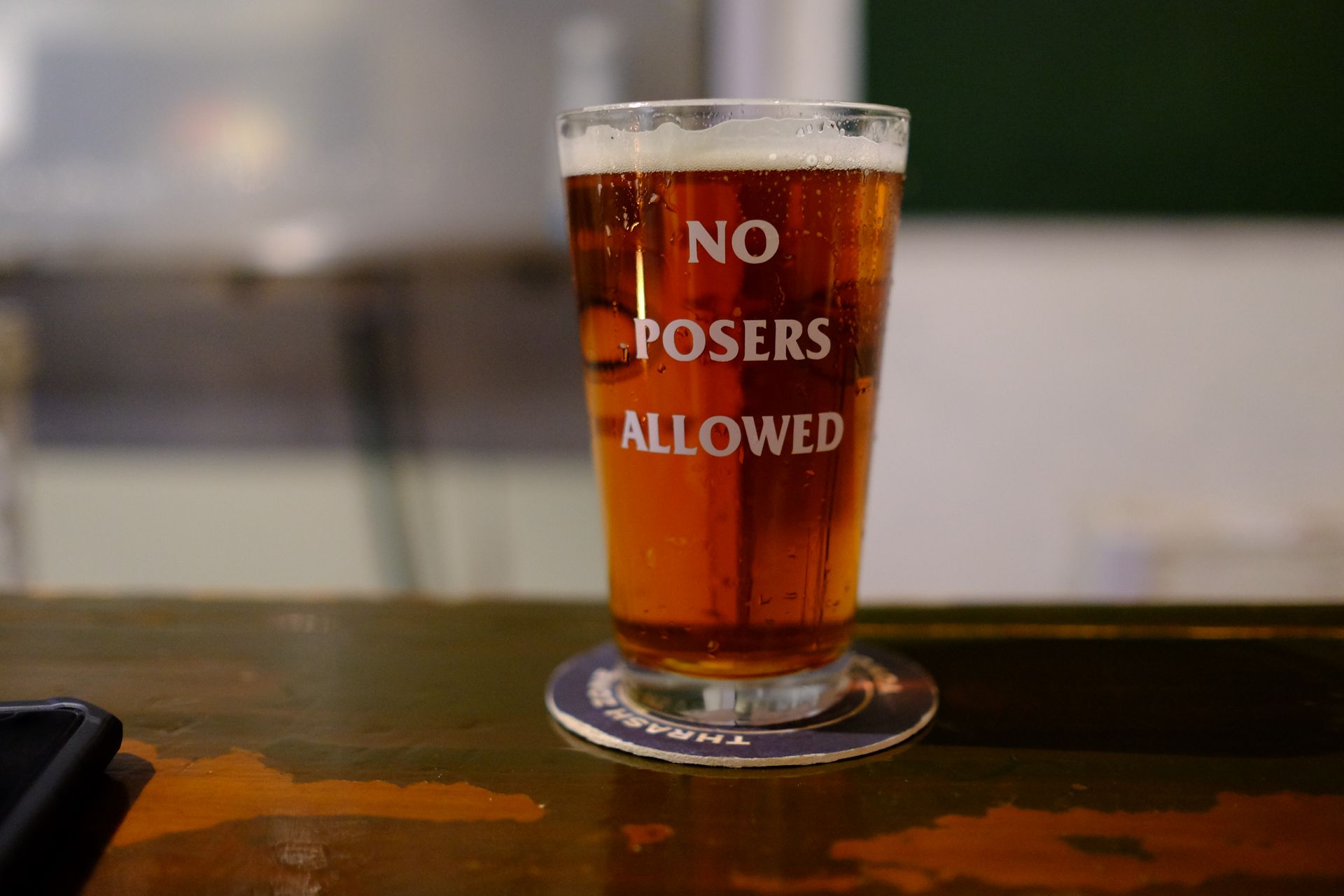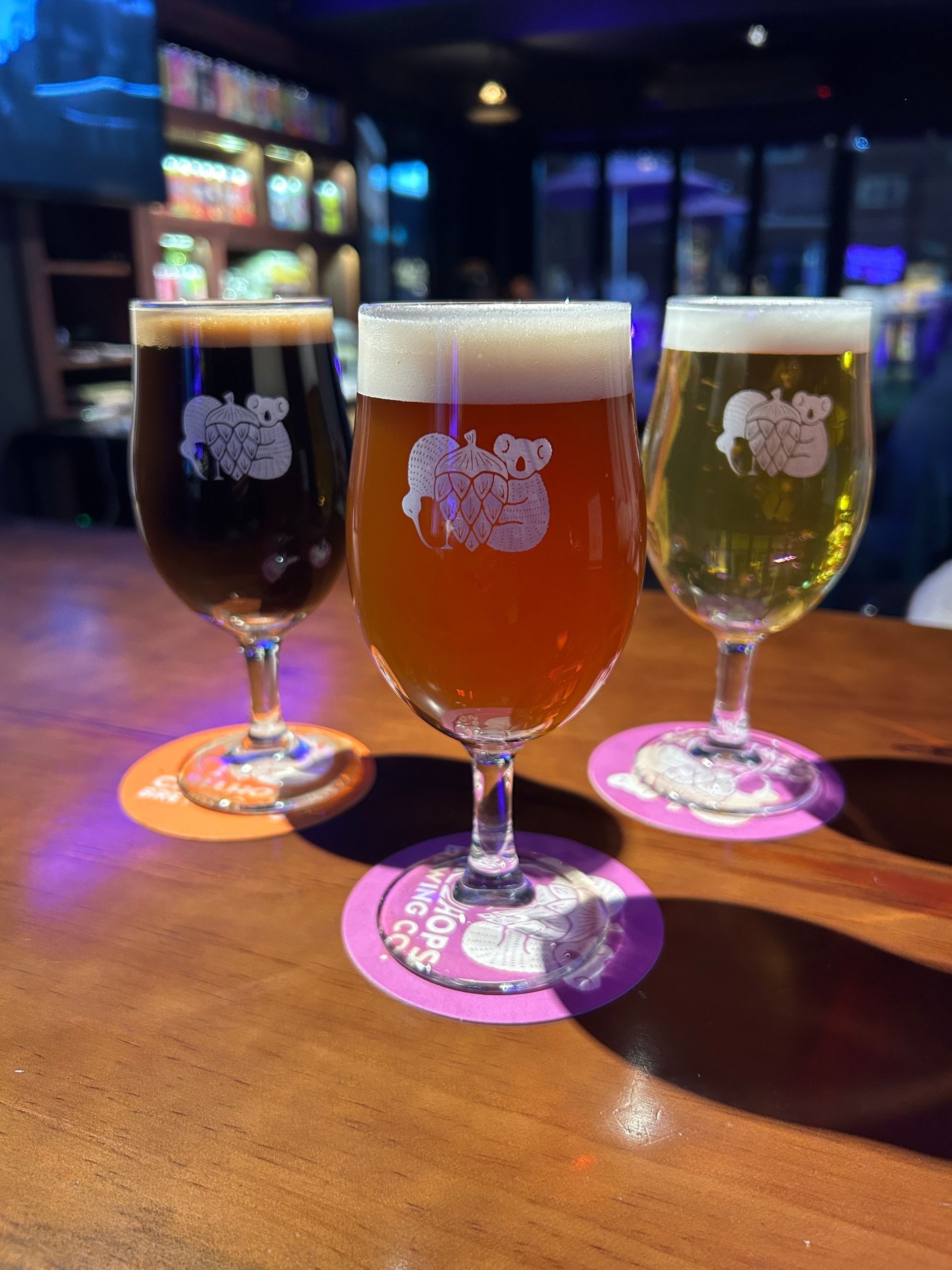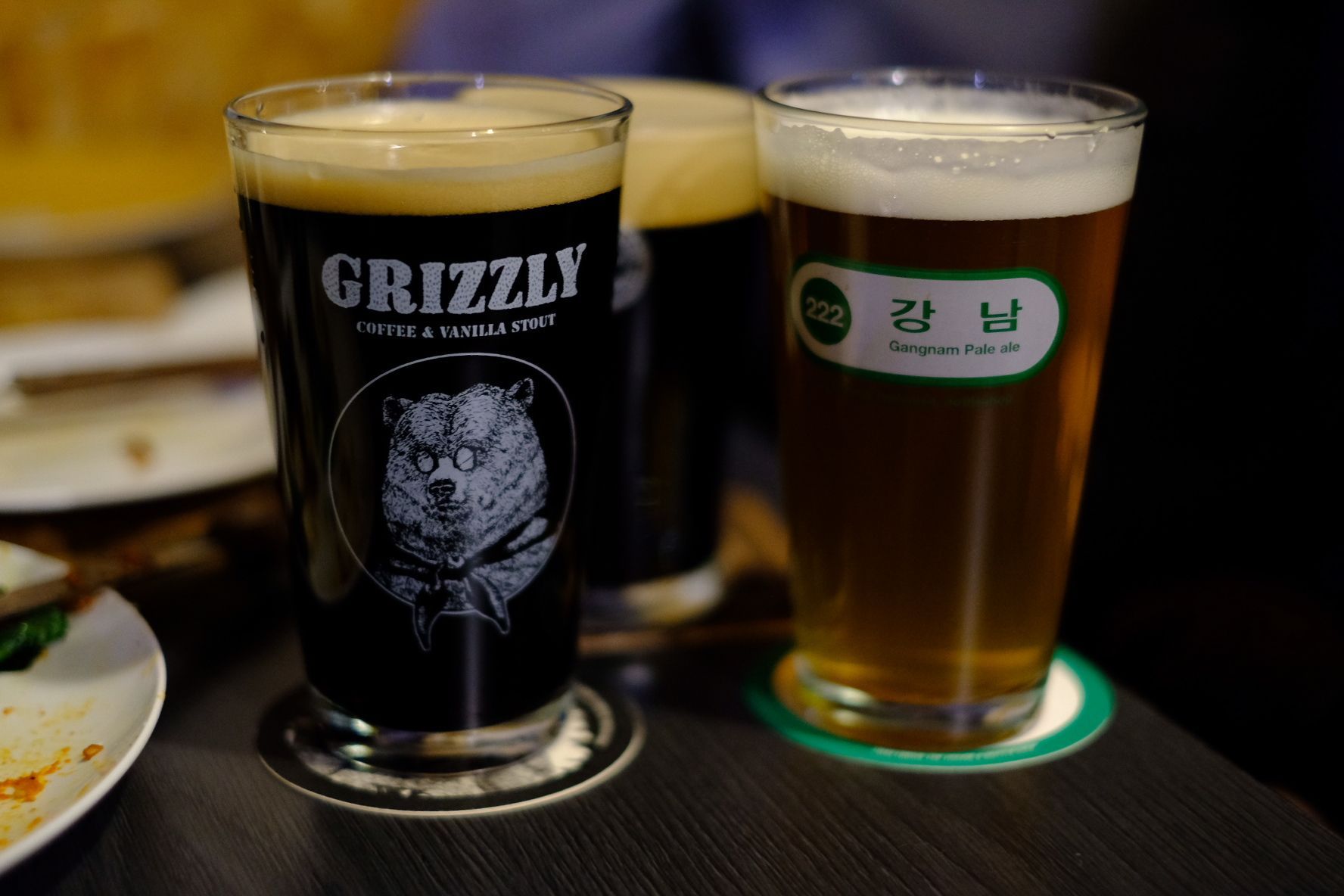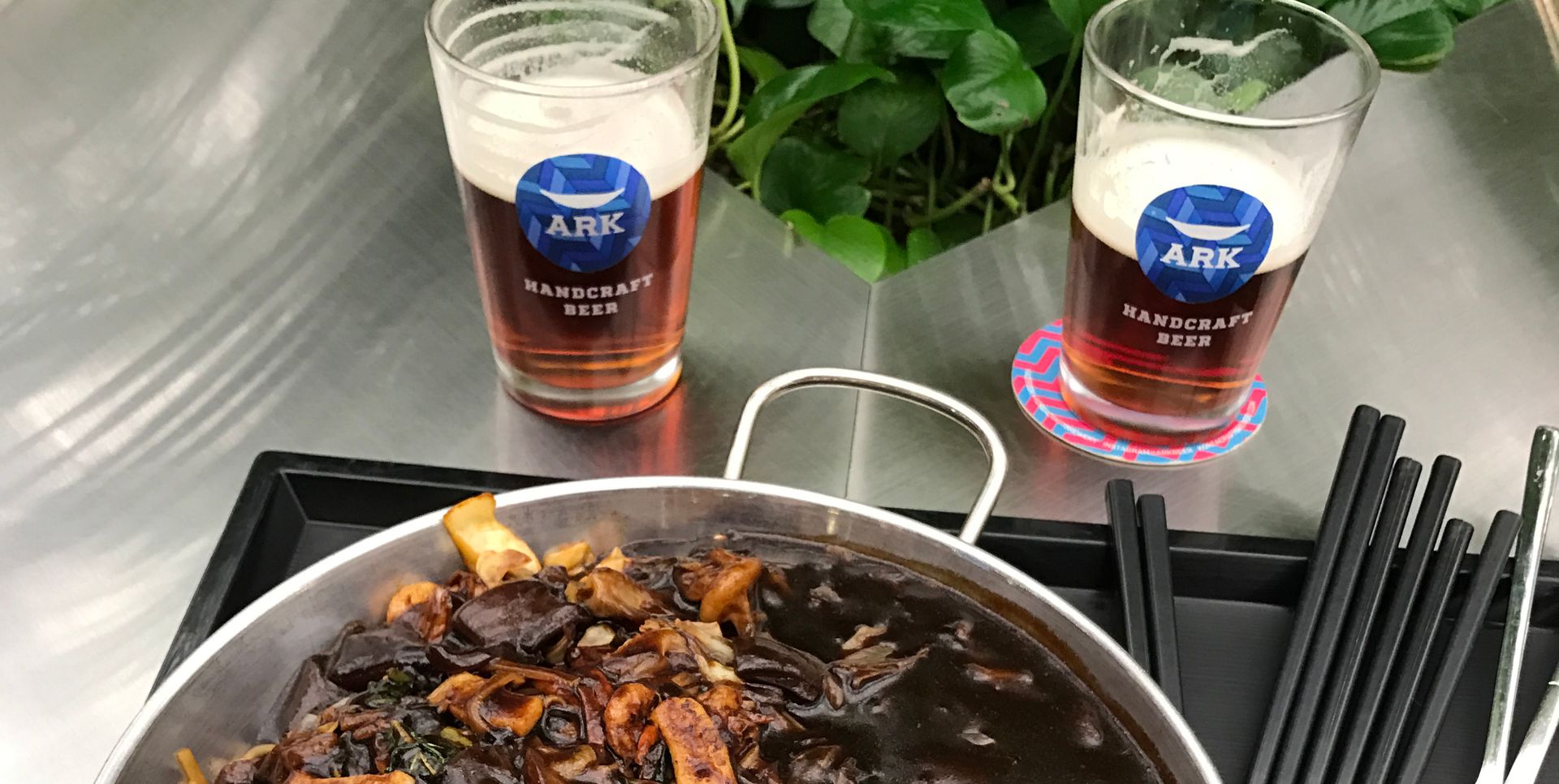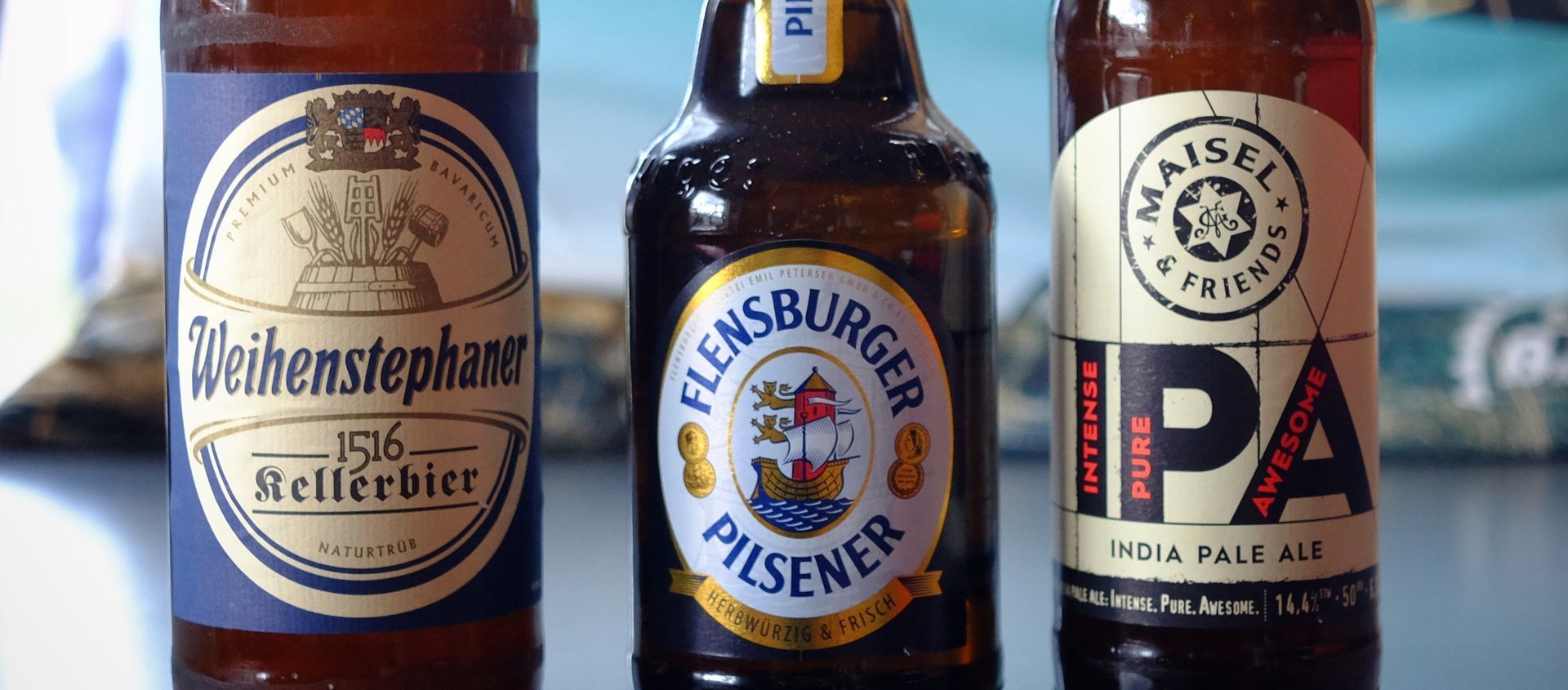Finding the Beer Capitals of the World
Rethinking What It Means to Be the ‘Beer Capital of the World’: From Belgium to Japan, UK to USA, A Journey Through Beer’s Many Capitals Celebrating the Diversity of Beer Culture Across Continents
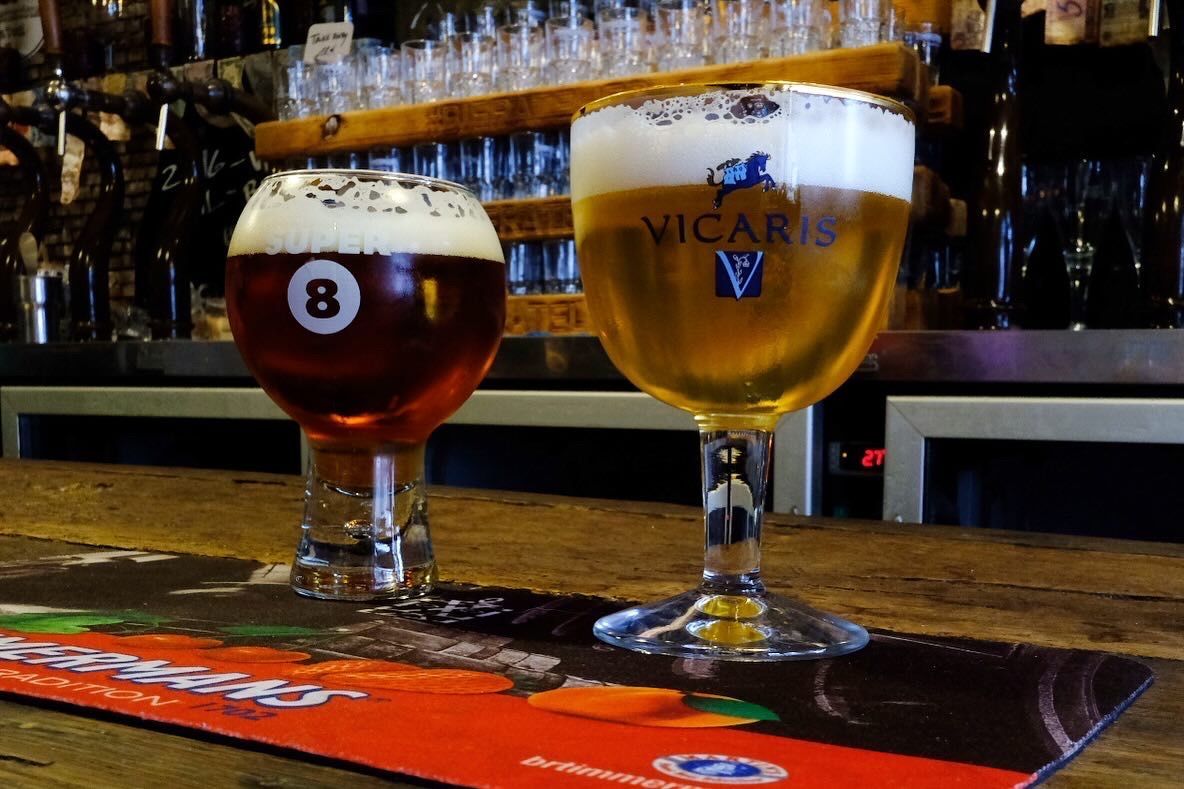
Belgium is often described as the beer capital of the world. The reasoning is clear: centuries of brewing tradition, recognition by UNESCO, and a portfolio of iconic styles such as Trappist ales, lambics, witbiers, and saisons. Few places on earth can claim such historic influence on beer culture.
I had recently traveled to Belgium to do some continued research on Belgian-style beers, and there was one thing that really stood out to me. There are indeed thousands of Belgian beers, but the variety of styles and the depth of other brewing traditions available in Belgium is relatively limited compared to other beer hubs. I can understand the argument that Belgium has so many unique styles of its own, why would they need others?
Yet this very abundance almost works against broader exposure. If the local population isn’t regularly encountering the amazing craft beers that other countries have to offer — English bitters, Czech lagers, American IPAs, Japanese rice lagers, or Mexican Vienna styles to name a few — it can create a kind of stylistic bubble. The Belgian tradition grows ever deeper within its own boundaries, but does not always engage with the full global conversation of brewing.
That raises a deeper question: how does limited exposure shape what is considered a “beer capital”? Can any one place truly claim that title if it does not actively interact with the full spectrum of world beer? And on a more personal level, how do I have conversations about all the beer styles and the relationships between what I’m drinking with local brewers and fellow beer drinkers who may never have had the chance to explore that same variety?
Don’t get me wrong, there is a craft beer scene in Belgium, but in a landscape that is dominated by centuries-old traditional breweries, these smaller players are often not easy to find without doing a little more research and being willing to explore parts of the country that are a bit more off the beaten path… looking at you, Brasserie De La Senne (one of my favorites in Belgium).
Belgium’s Real Strength: A Deep Tradition
Belgium’s breweries offer extraordinary depth within their own styles. Trappist monasteries, farmhouse producers, and lambic blenders have created beers that are both timeless and unique. It’s fair to say that Belgium is the capital of Belgian-style beers — no other country comes close in preserving and perfecting these traditions.
At the same time, the Belgian scene is largely focused inward. Walk into a café in Brussels or Bruges and you’ll find hundreds of beers, but most are variations on Belgian themes. What you’ll see far less often are non-Belgian styles — with the occasional IPA making an appearance, as it has become a too prominent style globally to ignore.
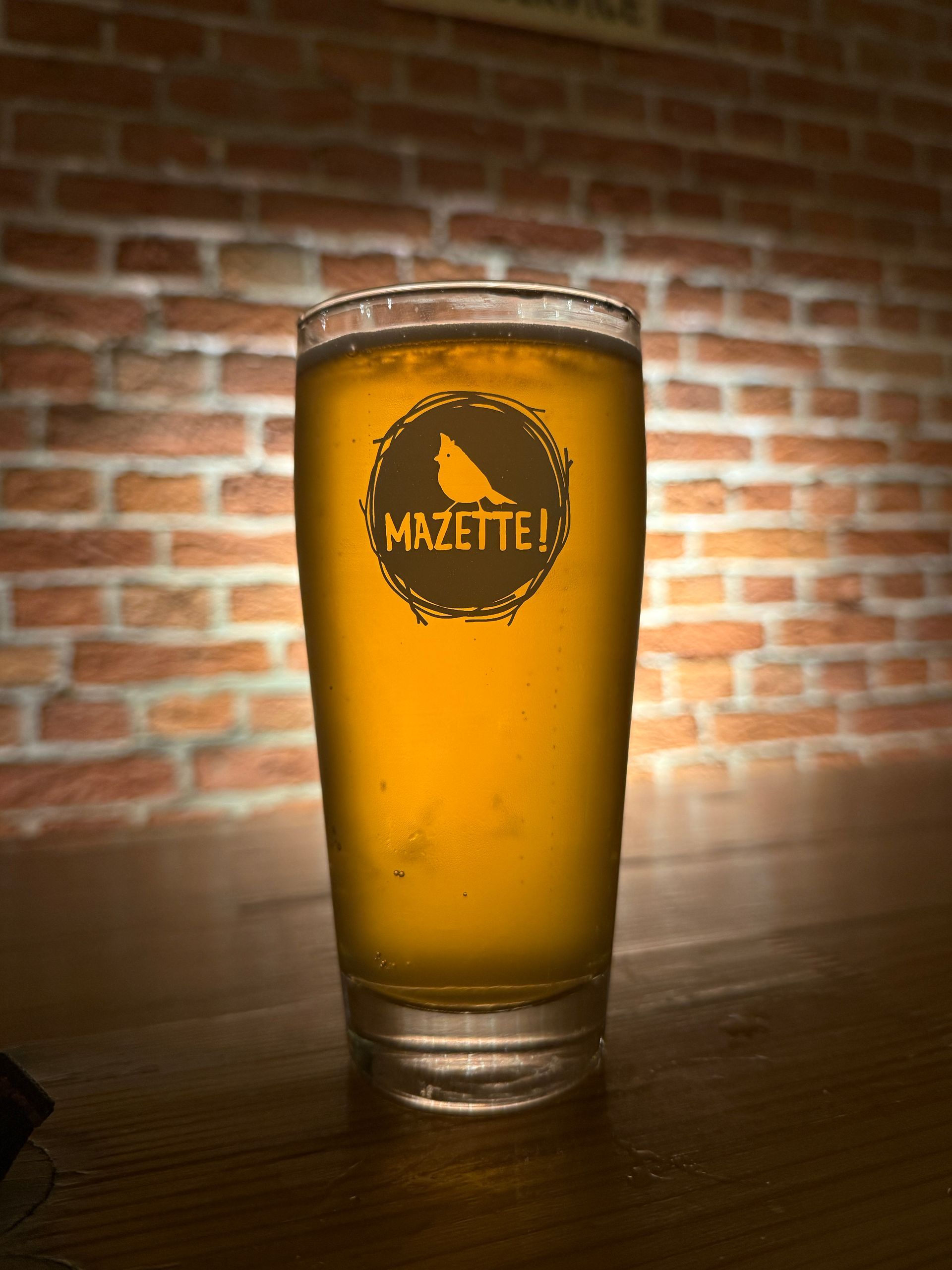
What Should “Beer Capital” Mean?
The idea of a “capital” suggests universality — a place that represents beer as a whole. But beer is a global story, shaped by both deep-rooted traditions and bold new experimentation. Countries like Germany and the Czech Republic have centuries-old brewing cultures that remain central to their national identity, preserving styles that defined much of the world’s beer history. By contrast, younger beer nations such as the United States, Australia, and New Zealand have approached brewing with a spirit of innovation — reviving forgotten practices, reimagining classic styles, and pushing boundaries much like European brewers did centuries ago. Taken together, these varied traditions and approaches show that no single country can truly embody the global beer experience.
Cities That Showcase Global Breadth
That broader representation can be found in global beer hubs like London, Portland, San Diego, or Tokyo. In these cities, Belgian styles often sit alongside English cask ales, German lagers, American stouts, and Asian innovations. They not only showcase variety, but also foster new styles that arise from cross-pollination between traditions.
The Many Beer Capitals
Here are some of the regions and cities that, together, form the network of modern beer capitals:
- Brussels, Belgium
Brussels stands as the symbolic heart of Belgian brewing. From Trappist ales and abbey beers to lambics and gueuze, the city represents the extraordinary depth of Belgium’s brewing tradition. Bars like the famed Delirium Café, with its vast list of Belgian and international labels, highlight both the pride and diversity within the Belgian family of styles. While its focus remains firmly on local brewing heritage, Brussels remains indispensable as the capital of Belgian-style beer.
- London, UK
London has been central to brewing history, from the origins of porters and stouts to the tradition of cask-conditioned ales. Today, it’s also a cosmopolitan hub where you’ll find American-style IPAs, Belgian-inspired saisons, German lagers, and beers from across Europe and Asia. Its mix of heritage and innovation makes it one of the most globally connected beer cities.
- San Diego, USA
Often called the birthplace of the American craft beer revolution, San Diego is synonymous with hop-forward innovation. The city’s breweries popularized the West Coast IPA, but they also experiment with sours, barrel-aged stouts, lagers, and hybrid styles. San Diego represents the spirit of modern craft brewing — bold, experimental, and influential worldwide.
- Portland, USA
Portland is known as “Beervana” for good reason: it has one of the highest numbers of breweries per capita in the world. More importantly, its breweries embrace stylistic diversity — everything from farmhouse saisons to German-style lagers to cutting-edge sour programs. Portland’s culture of experimentation has made it a model for other beer cities globally.
- Yokohama & Tokyo, Japan
Japan’s beer culture is often associated with big-name lagers, but Tokyo and nearby Yokohama are home to some of the most exciting craft beer scenes in Asia. Breweries there combine Japanese precision with international styles, creating beers that are clean, balanced, and innovative. You’ll find everything from delicate rice lagers to bold IPAs and barrel-aged stouts, often infused with local ingredients like yuzu or matcha. Japan exemplifies how beer traditions can be reinterpreted and advanced in new cultural contexts, drawing on the same meticulous craftsmanship that has long defined its sake-making heritage.
- Wellington, New Zealand
Often called the “craft beer capital of New Zealand,” Wellington has built a reputation for adventurous brewing on a small but influential scale. New Zealand hops — prized for their bold, tropical, and citrusy character — have become global staples, shaping IPAs brewed around the world. The country’s brewers lean into experimentation, producing everything from hop-forward ales to barrel-aged sours, often with a distinctly local twist. Wellington and New Zealand more broadly show how even younger beer cultures can leave a global mark through innovation and unique ingredients.
- Prague, Czech Republic
Prague is the heart of the world’s lager tradition. Czech pilsners, known for their balance of malt sweetness and hop bitterness, have shaped beer globally. The city’s beer halls and pubs preserve this heritage, offering some of the freshest, most skillfully brewed lagers in the world. While not as experimental as other capitals, Prague is indispensable for understanding beer’s foundation.
- Bavaria, Germany
Bavaria remains one of the strongest regional beer identities on earth. From wheat beers to märzens to bocks, Bavarian brewing continues to define and export classic lager styles. Munich’s Oktoberfest is the most visible symbol, but across Bavaria, small breweries maintain traditions that are cornerstones of the global beer world.
- Melbourne & Sydney, Australia
Melbourne & Sydney have emerged as a vibrant craft beer hubs, with breweries drawing inspiration from Europe, the U.S., and Asia while also experimenting with local ingredients and flavors. Its scene is youthful and creative, and it reflects the cosmopolitan, multicultural nature of modern beer.
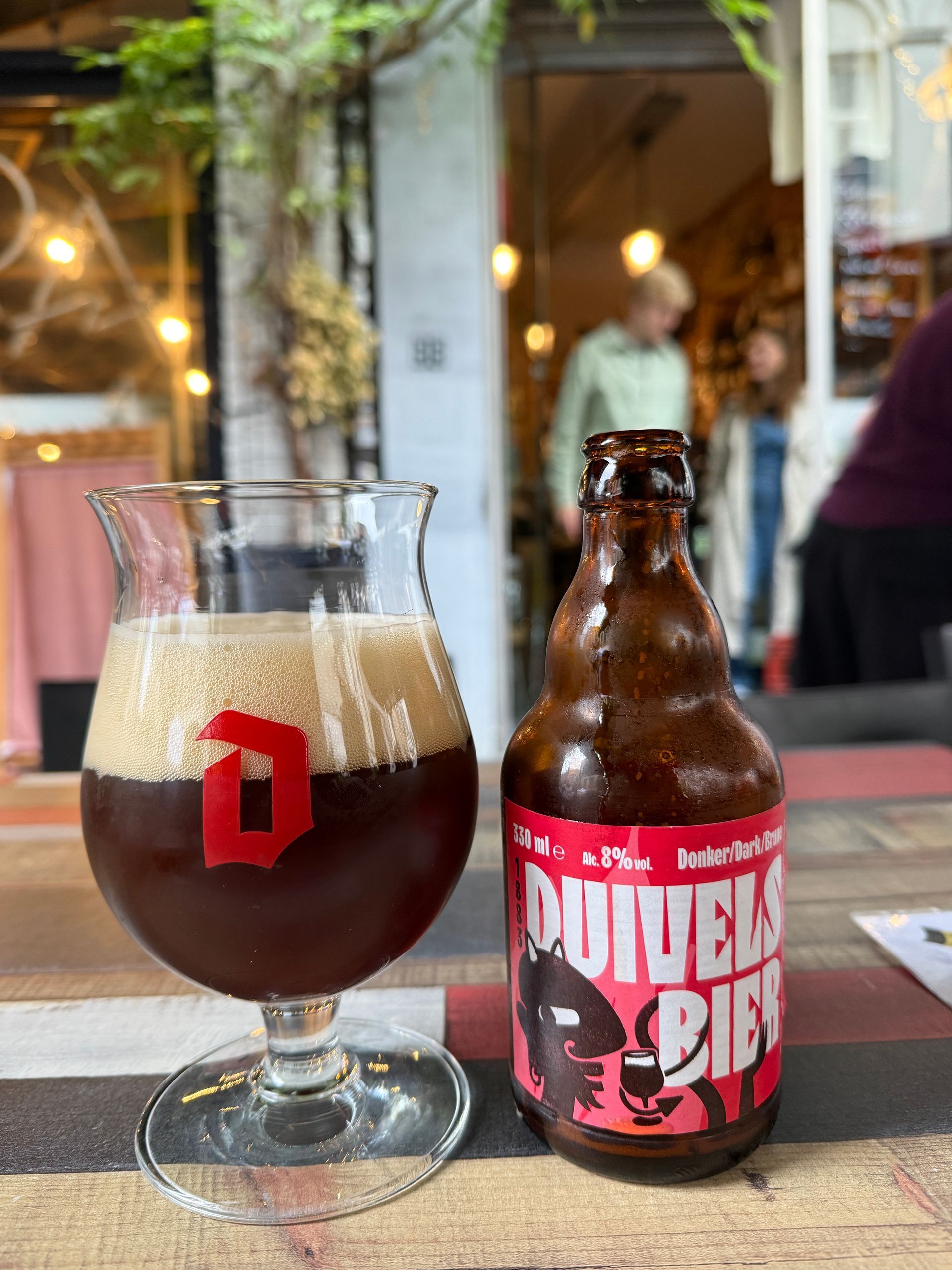
A More Complete Perspective
Tradition in beer is invaluable. It preserves methods, styles, and cultural identity, offering a foundation that guides and inspires creative growth. Without tradition, experimentation risks becoming unmoored; without experimentation, tradition risks becoming stagnant. The balance between the two is what has always propelled beer forward.
But tradition should not isolate or divide us, nor should it be used to claim that one style or culture is inherently superior to another. When that happens, it risks cutting off exposure to new ideas and opportunities. The world is big enough for both tradition and innovation to coexist — in fact, they thrive best when they do.
Belgium itself is a perfect reminder of this. Centuries ago, Belgian brewers were some of the most daring and experimental in the world, creating styles that broke rules and reshaped beer forever. To close off now from that same spirit of exchange and innovation would be, in a way, to turn against the very rebelliousness that defined Belgian brewing in the first place. Just as their experiments gave rise to iconic styles, today’s global exchange of ideas ensures beer continues to evolve, not in one place, but everywhere.
Beer Has Many Capitals
Belgium deserves its place of honor in the pantheon of brewing. But the title of the beer capital of the world may be too narrow for a drink as diverse as beer itself. Instead, the modern beer landscape is best understood as a network of capitals, each representing history, innovation, or stylistic diversity in its own way. I am not trying to change the way Belgians make their beer or disrupt their traditions, but I do think there is an opportunity for a deeper interconnection between global beer styles — a richer exchange where brewers and drinkers alike can experience and appreciate the full spectrum of what the world has to offer. By tasting, sharing, and learning from one another, we honor not just one country’s contribution, but the collective creativity and diversity that defines beer today.
Belgium may be a capital. But beer’s true strength lies in having many capitals, spread across the globe.
Recent Posts
